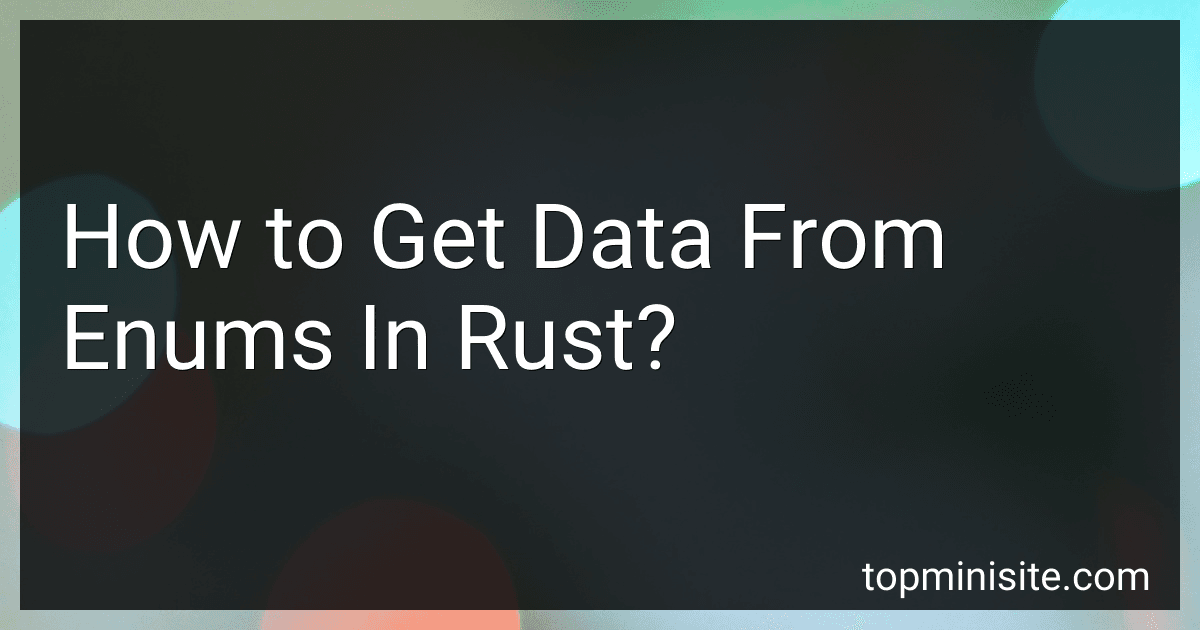Best Rust Programming Books to Buy in February 2026
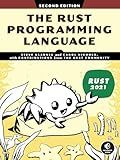
The Rust Programming Language, 2nd Edition


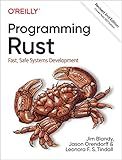
Programming Rust: Fast, Safe Systems Development


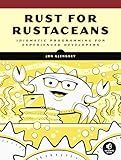
Rust for Rustaceans: Idiomatic Programming for Experienced Developers


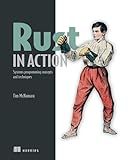
Rust in Action


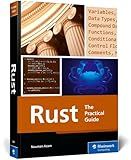
Rust Programming: A Practical Guide to Fast, Efficient, and Safe Code with Ownership, Concurrency, and Web Programming (Rheinwerk Computing)


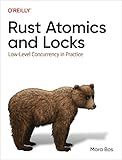
Rust Atomics and Locks: Low-Level Concurrency in Practice


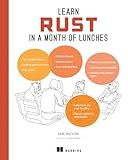
Learn Rust in a Month of Lunches


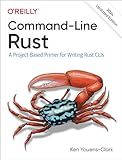
Command-Line Rust: A Project-Based Primer for Writing Rust CLIs


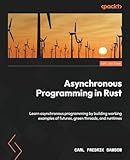
Asynchronous Programming in Rust: Learn asynchronous programming by building working examples of futures, green threads, and runtimes


To get data from enums in Rust, you can use pattern matching to access the values associated with each variant. Enums in Rust can have associated data with them, which can be accessed by matching on the enum variant.
For example, if you have an enum like:
enum Color { RGB(u8, u8, u8), CMYK(u8, u8, u8, u8), }
You can access the associated data by matching on the enum variant like this:
let color = Color::RGB(255, 0, 0);
match color { Color::RGB(r, g, b) => { println!("Red: {}, Green: {}, Blue: {}", r, g, b); }, Color::CMYK(c, m, y, k) => { println!("Cyan: {}, Magenta: {}, Yellow: {}, Black: {}", c, m, y, k); }, }
This will allow you to extract and work with the associated data from the enums in Rust.
How to use pattern matching to retrieve data from enums in Rust?
Pattern matching can be used to retrieve data from enums in Rust by matching the enum variants and extracting the associated data. Here's an example of how to use pattern matching to retrieve data from enums in Rust:
// Define an enum with variants that contain associated data enum Fruit { Apple(String), Banana(u32), Orange, }
fn main() { let apple = Fruit::Apple(String::from("Red Delicious")); let banana = Fruit::Banana(5); let orange = Fruit::Orange;
// Use pattern matching to retrieve data from enums
match apple {
Fruit::Apple(color) => {
println!("The apple is {}", color);
}
\_ => (),
}
match banana {
Fruit::Banana(quantity) => {
println!("There are {} bananas", quantity);
}
\_ => (),
}
match orange {
Fruit::Orange => {
println!("It's an orange");
}
\_ => (),
}
}
In this example, we define an enum Fruit with three variants: Apple containing a String, Banana containing a u32, and Orange which contains no data. We then create instances of each variant and use pattern matching in match expressions to retrieve and print the associated data from each variant.
By matching enum variants and extracting associated data using pattern matching, you can easily access and work with the data stored in enums in Rust.
How to destructure enums to access their data in Rust?
In Rust, you can destructure enums using pattern matching to access their associated data. Here is an example of how to destructure an enum in Rust:
enum Shape { Circle(f64), Rectangle(f64, f64), Square(f64), }
fn calculate_area(shape: Shape) -> f64 { match shape { Shape::Circle(radius) => std::f64::consts::PI * radius * radius, Shape::Rectangle(length, width) => length * width, Shape::Square(side) => side * side, } }
fn main() { let circle = Shape::Circle(5.0); let rectangle = Shape::Rectangle(3.0, 4.0); let square = Shape::Square(2.0);
println!("Circle area: {}", calculate\_area(circle));
println!("Rectangle area: {}", calculate\_area(rectangle));
println!("Square area: {}", calculate\_area(square));
}
In this example, we have an enum Shape with three variants, each containing associated data. We then define a function calculate_area that takes a Shape enum as input and pattern matches on the enum to access the associated data and calculate the area of the corresponding shape. Finally, in the main function, we create instances of each variant of the Shape enum and call the calculate_area function on each of them to calculate and print their respective areas.
What is the role of enums in data retrieval in Rust?
Enums in Rust are used to define a type that can have a fixed set of values, known as variants. Enums are commonly used in data retrieval to represent the possible states or options for a particular piece of data.
For example, when retrieving data from a database, an enum can be used to represent the status of the data, such as "Success", "Error", or "Pending". This allows the programmer to easily handle and process different outcomes or states of the data during retrieval.
Enums can also be used to define different types of data structures or options that can be retrieved from a database, such as different types of products or categories. This helps to organize and categorize the retrieved data in a more clear and structured way.
Overall, the role of enums in data retrieval in Rust is to provide a type-safe and structured way to represent and handle different states and options of the data being retrieved.Enums help make the code more readable, maintainable, and robust when dealing with complex data retrieval scenarios.
How to access data from enums using switch statements in Rust?
To access data from enums using switch statements in Rust, you can use the match statement. Here’s an example:
enum TrafficLight { Red, Yellow, Green, }
fn main() { let light = TrafficLight::Red;
match light {
TrafficLight::Red => {
println!("Stop");
},
TrafficLight::Yellow => {
println!("Wait");
},
TrafficLight::Green => {
println!("Go");
},
}
}
In this example, we have an enum TrafficLight with three variants. We use the match statement to perform different actions based on the variant of the enum light. Each arm of the match statement corresponds to a specific variant of the TrafficLight enum. This way, we can access data from enums using switch statements in Rust.
